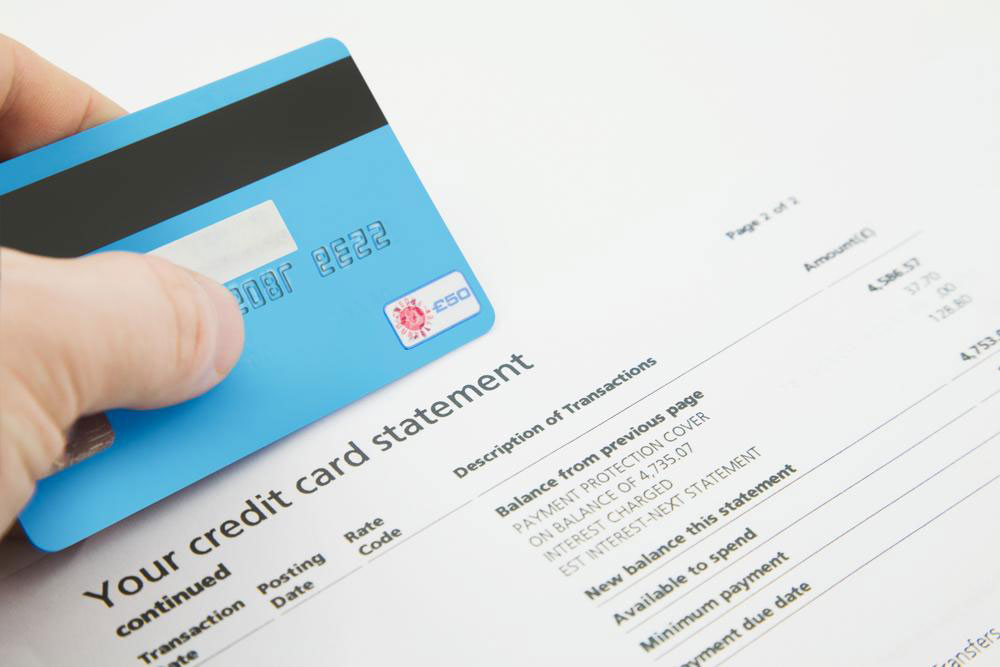Essential Guide to Financing a Used Car: Key Factors You Must Know
This comprehensive guide covers essential factors to consider when financing a used car, including assessing financial readiness, improving credit scores, timing your purchase, and avoiding predatory lenders. Learn how to negotiate better loan terms and make smarter financial decisions to maximize value and minimize costs. Ideal for those seeking reliable, affordable used vehicle financing advice, ensuring you secure the best possible deal while avoiding costly pitfalls.

Comprehensive Insights for Securing the Best Loan for a Pre-Owned Vehicle
Purchasing a used car is often a more affordable alternative to buying new, making it a popular choice for many consumers seeking reliable transportation without the hefty price tag. However, securing a used car loan requires careful planning and thorough understanding of financial implications. Unlike new car financing, used vehicle loans may come with higher interest rates and shorter repayment terms due to the increased risk from lenders. Therefore, potential buyers should arm themselves with knowledge to avoid common pitfalls, negotiate effectively, and ensure they’re making financially sound decisions.
When considering financing options for a used car, it's crucial to evaluate your financial readiness, improve your credit standing, choose the right timing, and be cautious of predatory lending practices. Each of these factors significantly influences the affordability and overall cost of your vehicle purchase. By understanding these key elements, consumers can confidently navigate the complex landscape of automotive financing, avoid unnecessary expenses, and successfully acquire a used vehicle that fits within their budget.
Practical considerations when financing a used car include the following:
Evaluating Your Financial Readiness
Applying for a used vehicle loan is similar to doing so for a new car, but lenders often perceive used cars as higher risk, which can result in elevated interest rates and stricter loan terms. Before approaching lenders, thoroughly assess your financial situation. Calculate your monthly income, existing debts, and other financial obligations to determine a comfortable borrowing limit. It’s advisable to lean towards reputable financial institutions such as recognized banks or credit unions that may offer better rates for used vehicle loans. Many credit unions, in particular, provide competitive loan packages designed specifically for used car buyers, often with lower interest rates and more flexible terms.
Improving Your Credit Score for Better Loan Conditions
Your credit score plays a fundamental role in the interest rates and loan terms you qualify for. A higher credit score signals to lenders that you are a reliable borrower, which can unlock more favorable financing options. Obtaining your credit report from the three major credit bureaus annually is free, and it provides valuable insights into your credit health. Addressing any discrepancies, paying down existing debts, and maintaining consistent, on-time payments are effective ways to boost your credit score. Even small improvements can lead to significant benefits when negotiating your auto loan.
Timing Your Car Purchase Strategically
Timing your vehicle purchase can substantially influence the financing terms you receive. A strong credit profile tends to attract better interest rates and loan offers. While monthly installment affordability is important, it’s equally critical to consider the total cost of the vehicle, including the interest payments over the loan duration. When preparing to negotiate, clearly define your budget and stick to it, avoiding emotional decisions driven by high-pressure tactics from salespeople. Sharing your budget openly with the dealer can sometimes lead to more transparent loan terms or alternative financing options, helping you avoid overspending.
Beware of Predatory 'Buy Here, Pay Here' Dealerships
Many dealerships market "Buy Here, Pay Here" financing options, which often come with sky-high interest rates and minimal financing requirements, attracting buyers with limited credit options. These deals typically involve aggressive loan terms, high monthly payments, and inflated vehicle prices, making them risky and potentially leading to long-term financial hardship. If your funds are limited or your credit isn’t ideal, consider seeking help from community organizations or non-profit financial aid agencies rather than falling into debt traps with predatory lenders. Always read the fine print, compare offers, and consider your future repayment capacity.
In conclusion, financing a used car involves a combination of financial discipline, strategic planning, and thorough research. By evaluating your financial condition, improving your credit profile, timing your purchase wisely, and steering clear of unethical lending practices, you can secure a fair deal that aligns with your budget. Remember, a well-informed buyer is a more empowered buyer, capable of negotiating the best terms and keeping overall costs manageable. Proper preparation not only makes the process less stressful but also ensures that your used car purchase becomes a positive and financially sound investment in the long run.





